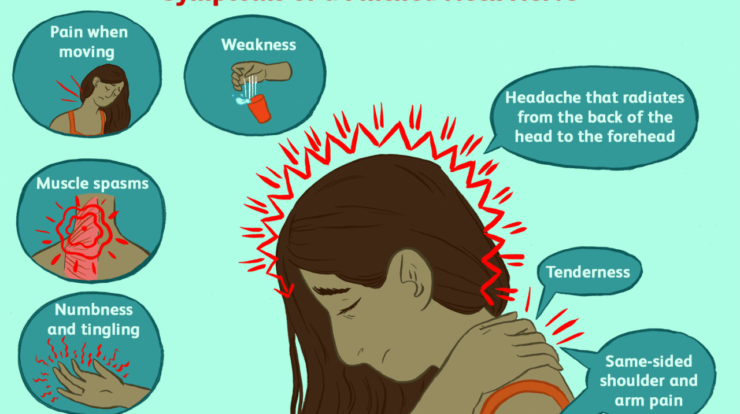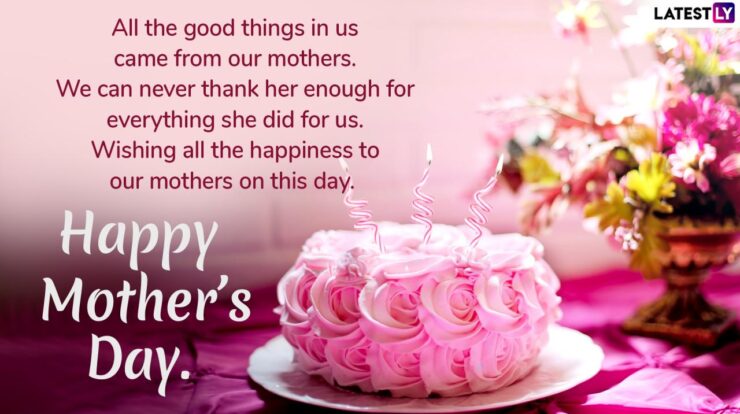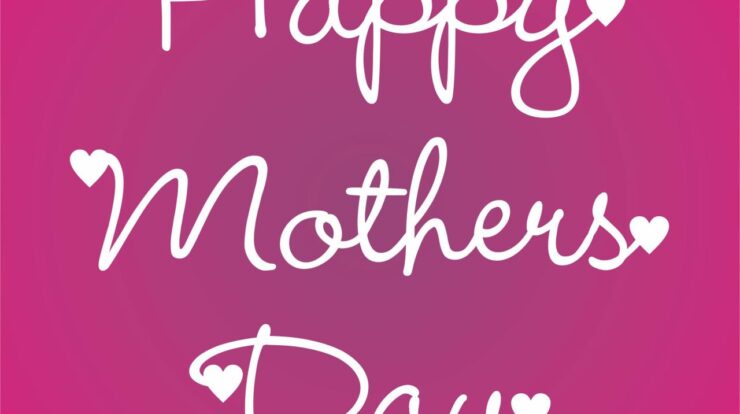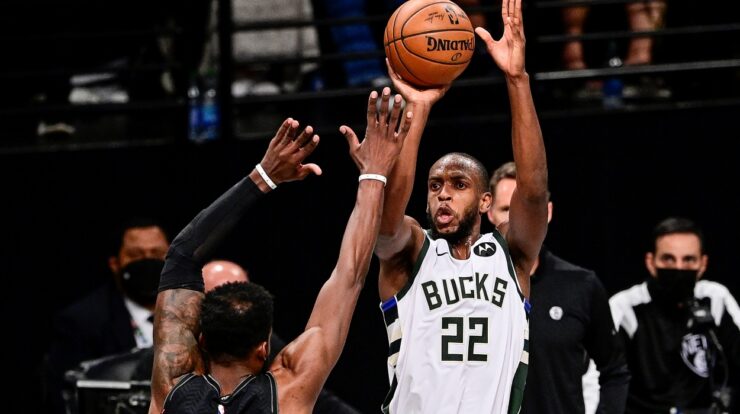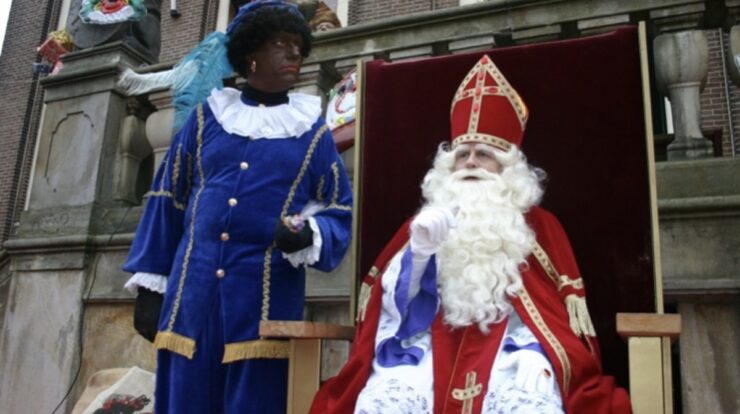
Netherlands holidays – Embark on a captivating journey through the Netherlands’ vibrant holidays, where cultural traditions, historical commemorations, and regional festivities intertwine to create a tapestry of unique experiences.
From the exuberant revelry of King’s Day to the somber remembrance of Remembrance Day, the Netherlands’ holidays offer a profound glimpse into the nation’s rich history, diverse culture, and enduring spirit.
Dutch National Holidays
The Netherlands observes several national holidays that commemorate significant historical events and cultural traditions. These holidays provide opportunities for citizens to reflect on their history, celebrate their culture, and come together as a nation.
King’s Day
King’s Day is a national holiday celebrated on April 27th, the birthday of King Willem-Alexander. The day is marked by festivities throughout the country, including parades, concerts, and open-air markets. People dress in orange, the color of the Dutch royal family, and engage in various activities, such as flea markets and street parties.
King’s Day is a vibrant and joyous occasion that celebrates the Dutch monarchy and national unity.
Liberation Day
Liberation Day, observed on May 5th, commemorates the liberation of the Netherlands from Nazi occupation during World War II. The holiday marks the end of five years of German occupation and the restoration of Dutch sovereignty. Ceremonies and events are held across the country to remember the sacrifices made during the war and to honor the liberators.
Remembrance Day
Remembrance Day, held on May 4th, is a day of remembrance and reflection for the victims of war and armed conflict. The day is marked by a two-minute silence at 8 pm, during which people across the Netherlands pause to remember those who have fallen in service of their country or in the pursuit of peace.
Cultural and Traditional Holidays
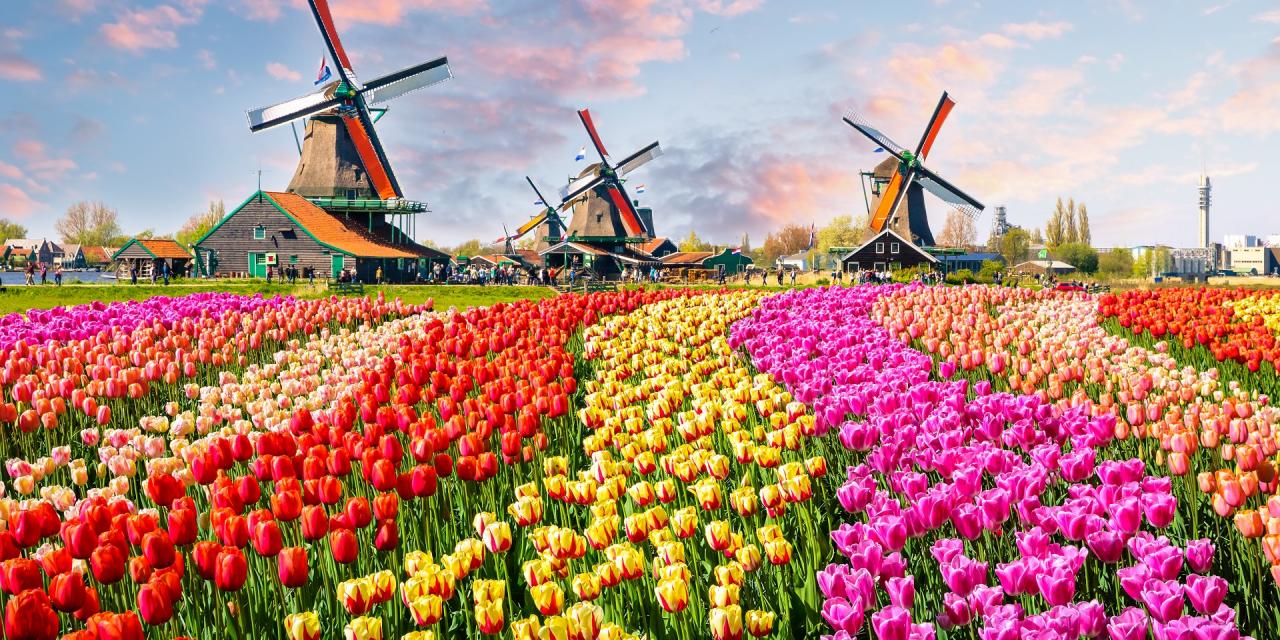
Beyond national holidays, the Netherlands also celebrates various cultural and traditional holidays that reflect the country’s rich heritage and diverse traditions.
Sinterklaas
Sinterklaas, celebrated on December 5th, is a beloved Dutch tradition that brings joy and excitement to children. Sinterklaas, a legendary figure based on Saint Nicholas, arrives from Spain on a steamboat, accompanied by his helpers, the Zwarte Pieten. Children leave their shoes out for Sinterklaas to fill with gifts and treats.
The holiday is a magical time for children and a cherished part of Dutch culture.
Carnival
Carnival, held in February or March, is a lively and colorful festival celebrated in various regions of the Netherlands. People dress up in costumes, participate in parades, and engage in merrymaking. The festival culminates in a grand parade on Shrove Tuesday, known as “Fat Tuesday,” before the start of the Lenten season.
Gouda Cheese Market
The Gouda Cheese Market, held on Thursdays from April to August, is a unique and traditional event that showcases the Netherlands’ famous cheese-making heritage. Farmers bring their best Gouda cheeses to the market, where they are weighed, inspected, and sold.
The market offers a glimpse into the centuries-old tradition of cheese making and provides an opportunity to sample and purchase some of the finest Gouda cheeses in the world.
Regional and Local Holidays: Netherlands Holidays
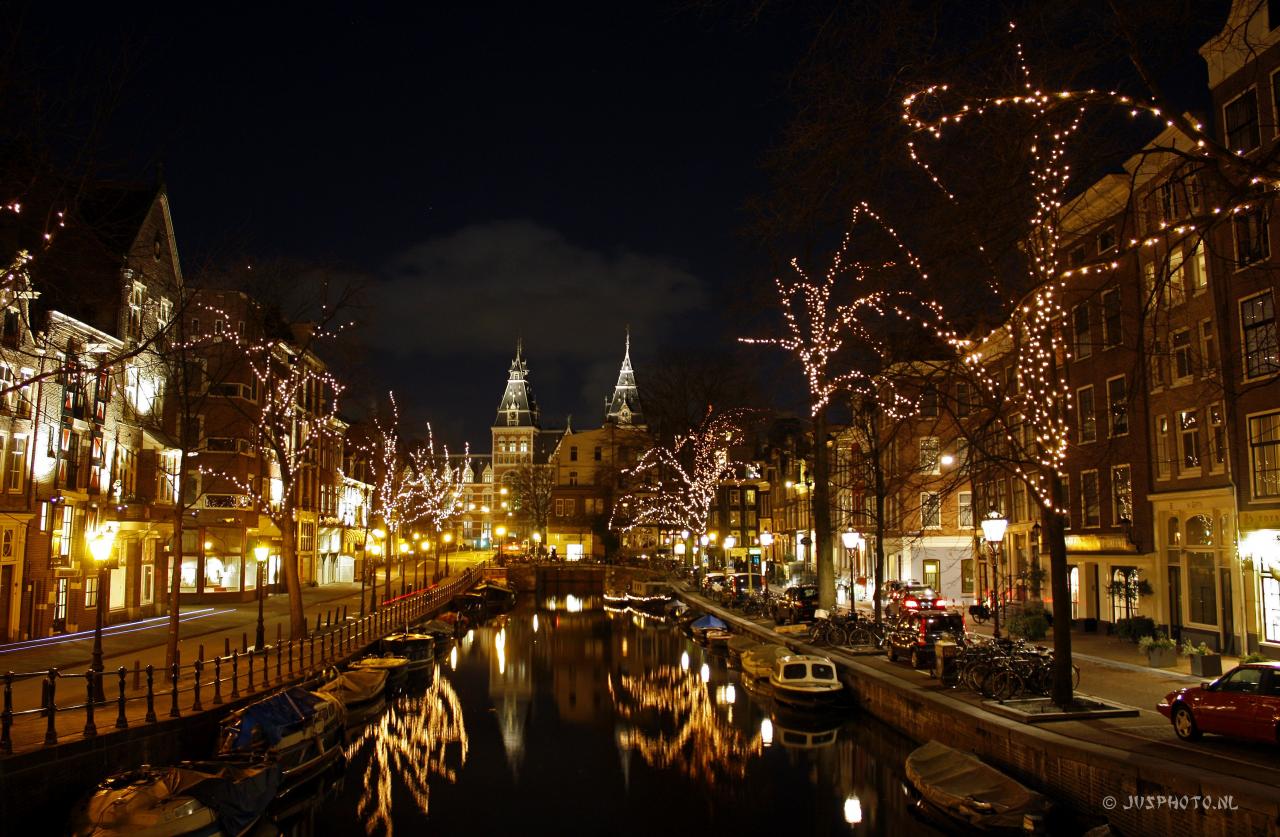
In addition to national and cultural holidays, the Netherlands also has a variety of regional and local holidays that celebrate unique traditions and events.
Regional Holidays
Different regions of the Netherlands have their own regional holidays that commemorate local history or cultural events. For example, Friesland celebrates Liberation Day on May 5th, while Zeeland observes the Watersnoodramp Memorial Day on February 1st to remember the victims of the 1953 North Sea flood.
Local Festivals and Events
Many towns and villages in the Netherlands host local festivals and events that showcase their unique culture and heritage. These events often involve traditional music, dance, and food, providing a glimpse into the vibrant local communities of the Netherlands.
Significance for Local Communities
Regional and local holidays play a vital role in fostering a sense of community and preserving cultural traditions. They provide opportunities for people to come together, celebrate their shared history, and appreciate the diversity of Dutch culture.
Public Holidays and Observances
The Netherlands has a number of public holidays that are recognized by law. These holidays provide workers with paid time off and are often accompanied by special events and celebrations.
| Holiday Name | Date | Description |
|---|---|---|
| New Year’s Day | January 1st | Commemorates the start of the new year |
| Good Friday | Variable | Commemorates the crucifixion of Jesus Christ |
| Easter Monday | Variable | Celebrates the resurrection of Jesus Christ |
| King’s Day | April 27th | Celebrates the birthday of King Willem-Alexander |
| Liberation Day | May 5th | Commemorates the liberation of the Netherlands from Nazi occupation |
| Ascension Day | Variable | Commemorates the ascension of Jesus Christ into heaven |
| Whit Monday | Variable | Celebrates the descent of the Holy Spirit upon the apostles |
| Christmas Day | December 25th | Commemorates the birth of Jesus Christ |
| Boxing Day | December 26th | A day of gift-giving and family gatherings |
Public holidays have a significant economic and social impact on the Netherlands. They provide workers with paid time off, which can boost consumer spending and stimulate the economy. Additionally, public holidays offer opportunities for people to relax, socialize, and participate in cultural events.
Holiday Activities and Customs
Dutch people enjoy a variety of activities and customs during holidays.
Popular Activities, Netherlands holidays
Popular holiday activities include visiting family and friends, attending festivals and events, and engaging in outdoor activities such as cycling, hiking, and boating. Many people also enjoy traditional Dutch games, such as sjoelen (shuffleboard) and kolf (a type of golf).
Traditional Cuisine
Traditional Dutch cuisine plays a significant role in holiday celebrations. Popular holiday dishes include oliebollen (deep-fried dough balls), appelflap (apple pie), and erwtensoep (pea soup). During Sinterklaas, people enjoy pepernoten (small gingerbread cookies) and speculaas (spiced biscuits).
Social and Cultural Customs
Dutch holidays are often accompanied by social and cultural customs. For example, on King’s Day, people dress in orange and participate in flea markets and street parties. During Sinterklaas, children put out their shoes for Sinterklaas to fill with gifts and treats.
These customs help to create a festive and convivial atmosphere during the holidays.
Final Wrap-Up
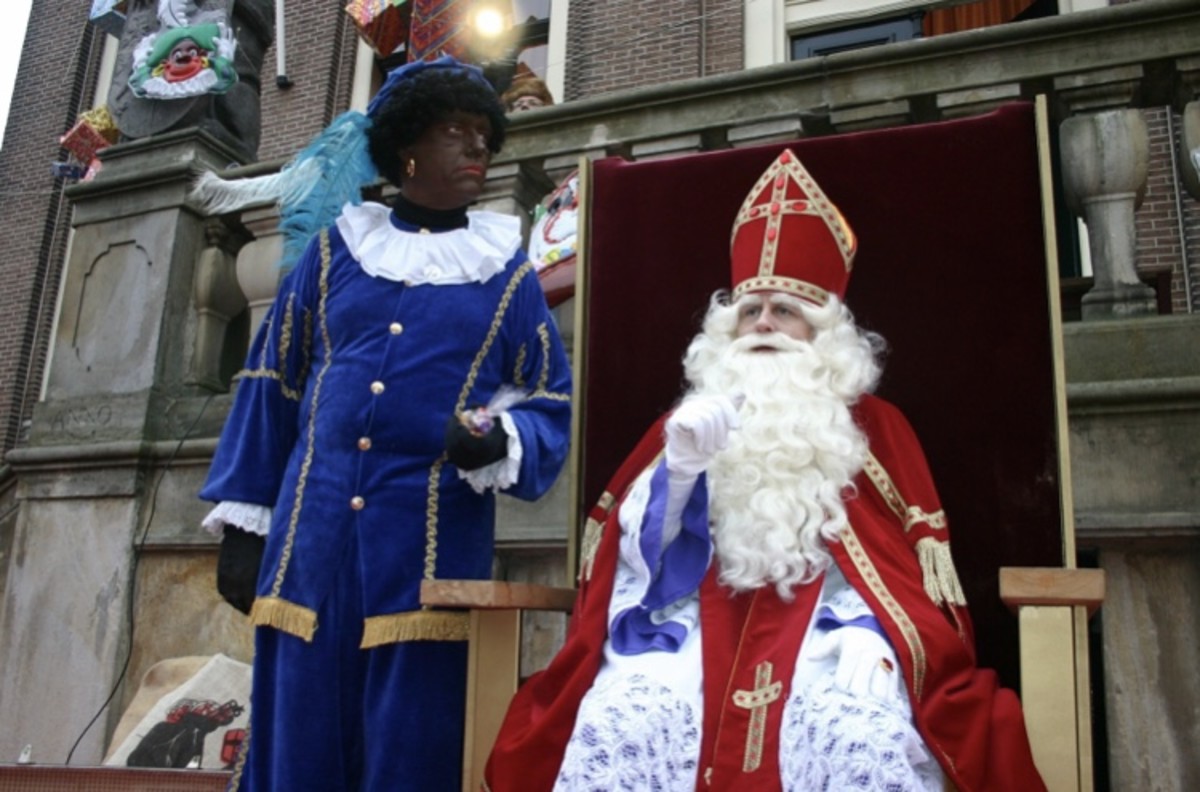
Whether you seek to immerse yourself in the lively atmosphere of a street festival, savor the delectable flavors of traditional Dutch cuisine, or delve into the historical significance of national commemorations, the Netherlands’ holidays provide an unforgettable and enriching experience.
As you explore the diverse array of festivities, you will gain a deeper appreciation for the cultural heritage and vibrant spirit that define this captivating nation.
General Inquiries
What is the significance of King’s Day in the Netherlands?
King’s Day is a national holiday celebrating the birthday of the Dutch monarch. It is a day of festivities, orange-themed decorations, and street markets.
What is the historical context behind Liberation Day?
Liberation Day commemorates the liberation of the Netherlands from Nazi occupation during World War II. It is a day of remembrance and gratitude.
What is the purpose of Remembrance Day?
Remembrance Day honors the Dutch victims of war and armed conflict. It is a day of reflection and remembrance.


